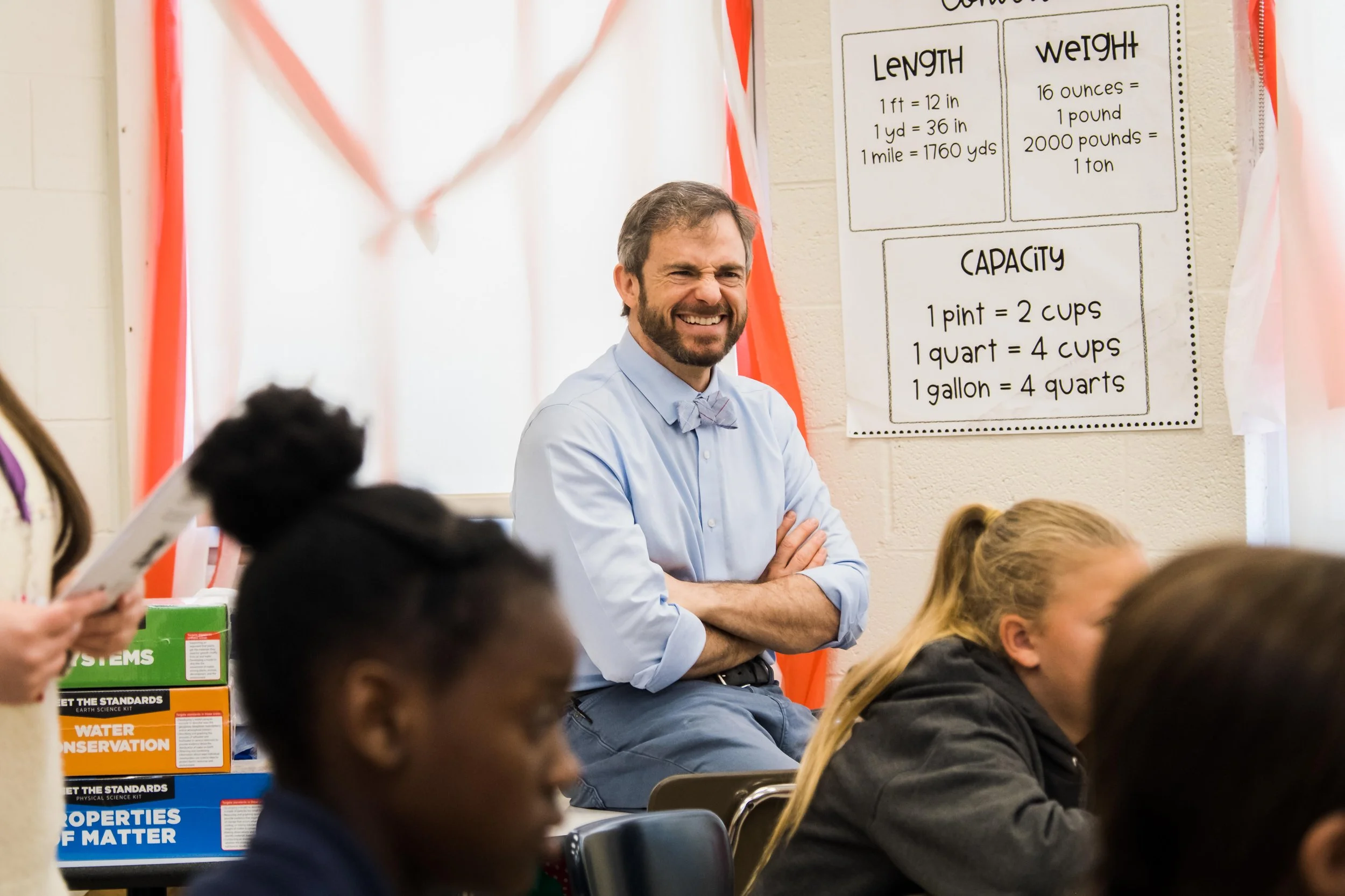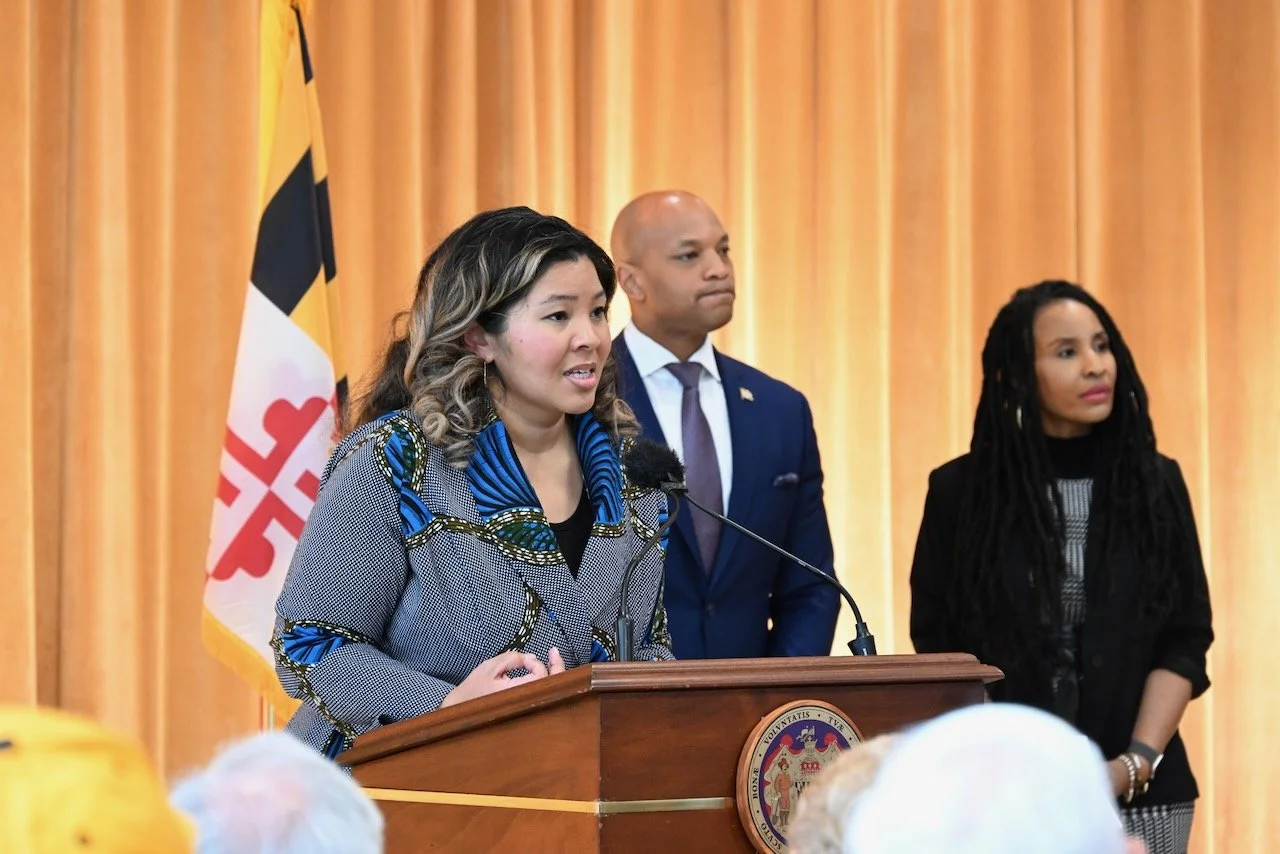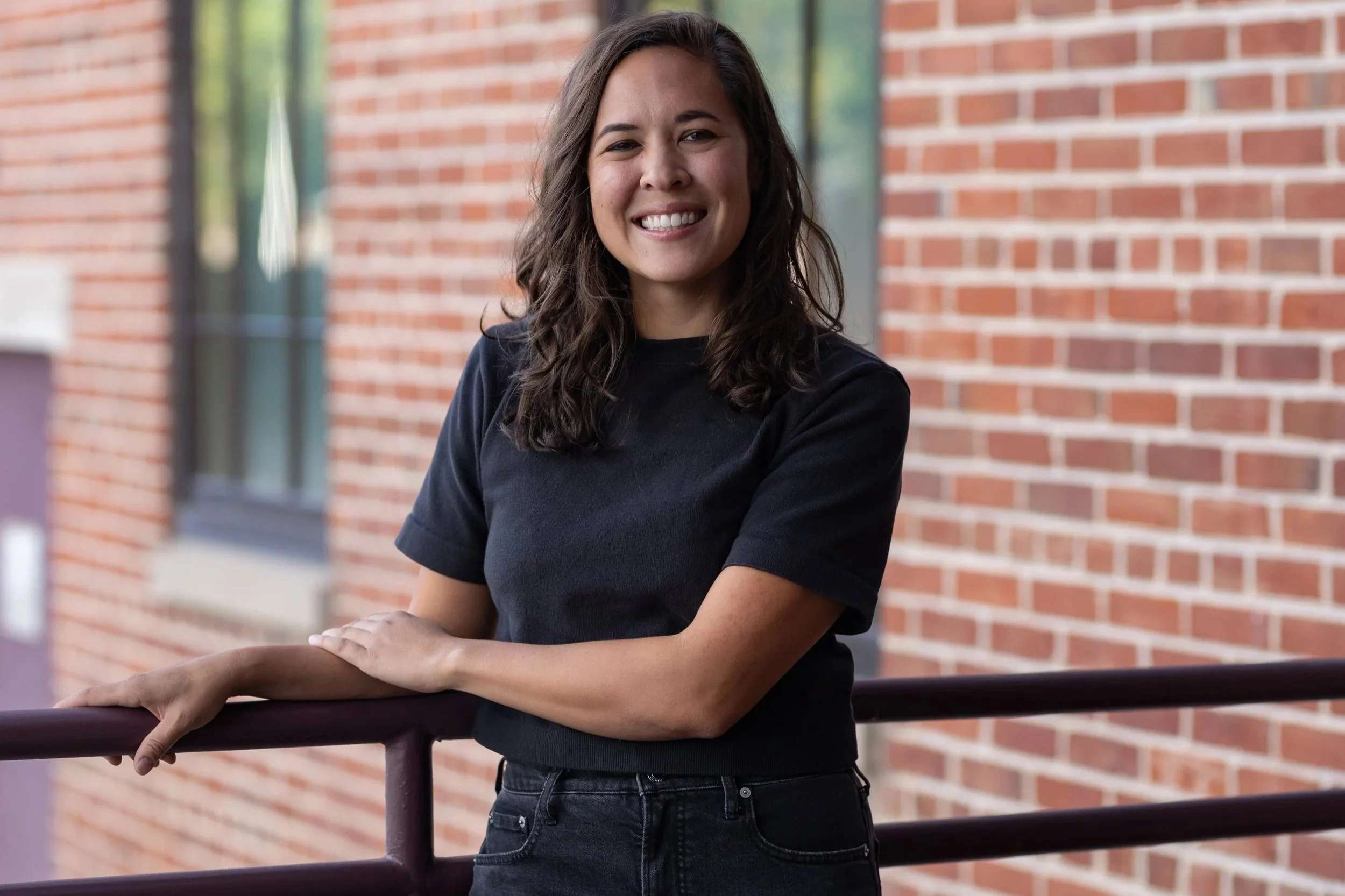How biking transforms communities, with PeopleForBike’s Jenn Dice
It’s easy to think of biking as a solo activity, but according to Jenn Dice, president and CEO of the nonprofit PeopleForBikes, it reaches far beyond the individual and is ultimately about community. Through building infrastructure, ranking cities according to their bike friendliness, helping develop a workforce for aspiring bicycle industry professionals, and more, Dice aims to make the U.S. “the best place to ride a bicycle in the world.”
With a new $100,000 grant from the Morgridge Family Foundation, and support from many others, PeopleForBikes is seeing great momentum. They also are giving back. Since 1999, the PeopleForBikes Foundation has donated more than $3.6 million and leveraged $775 million in funding for local bike projects, advocacy organizations, and education programs.
“Bikes are a simple solution to so many of the problems our world faces,” said Dice, who was named one of the 50 most influential people in American cycling in 2023. “They are a physical and mental health solution. They help with mobility and access, offset carbon footprints, and are fun! Bikes bring joy to so many Americans.”
Dice’s love of cycling powers her work. While competing in the Leadville 100, one of the most prestigious endurance cross-country mountain bike events in the world, she serendipitously connected with people from the International Mountain Biking Association (IMBA). Soon after, she joined the IMBA team directing their public policy program. After a decade there, in 2013 she brought her skills, connections and passion to PeopleForBikes.
Last year, in another twist of fate, Dice met Carrie Morgridge at the Heartland Summit, the flagship event of Heartland Forward. The organization is based in Bentonville, Ark., widely considered to be the Mountain Bike Capital of the World and where PeopleForBikes has an office. The two hit it off immediately. Morgridge, an avid mountain biker, was one of “a few hundred top thinkers and doers across sectors, geographies and generations” who was there to share collective insights on how to advance the heartland states, which are often overlooked by funders who often focus on America's east and west coasts. Of course, the two got out on the bike trails for which Bentonville is famous.
A year later, MFF has decided to team up with PeopleForBikes to offer a $100,000 grant for scholarships to low-income students in Northwest Arkansas Community College’s bicycle technician certification. The program is one of just two such programs in the U.S., and MFF is always looking for projects in workforce development. This one will support aspiring bicycle industry professionals and accelerate Bentonville’s vitality as a leading hub for bicycle culture, business innovation, and community.
Dice hopes this scholarship program will be the first of many around the country: “It will be exciting to see where this program and region go in coming years!”
Meanwhile, PeopleForBikes continues to advocate for infrastructure improvements and policy changes that support better and safer biking. And as cycling grows in popularity across the country, more people are turning to PeopleForBikes’s City Rankings program, now in its eighth year. Visitors to the website can search for a city, find its score, and see how various cities compare. They also can read about which cities are “on the rise” for bike-friendly improvements.
Dice is especially proud of PeopleForBikes’ Great Bike Infrastructure Project, which shows the growth of bike infrastructure over nearly a decade. Together with the City Rankings program, the data helps attract visitors and new residents to places where the culture and resources support cycling.
“We know that trails and great places to bike are drivers of trail tourism,” Dice said. “Visitors like to get outdoors and experience new communities by bike, and we see economic development through the outdoors and bike tourism.”




